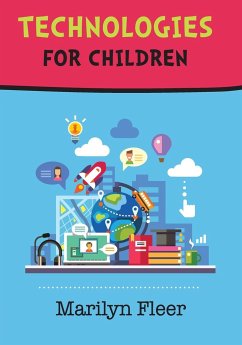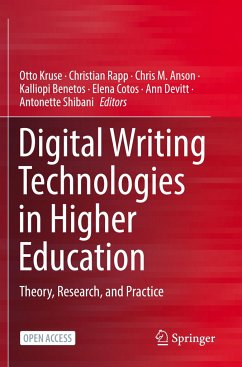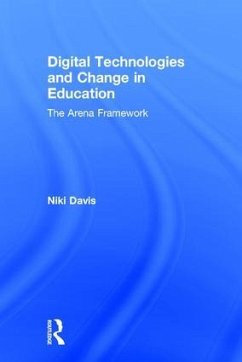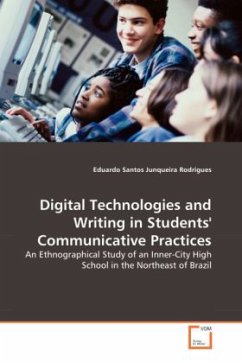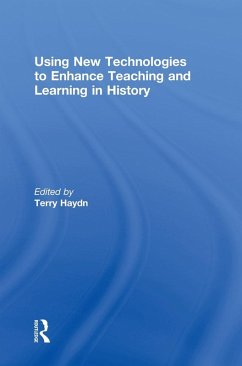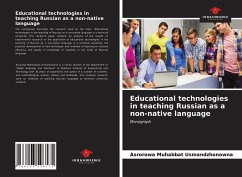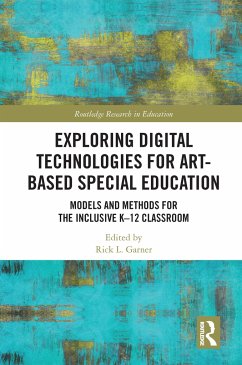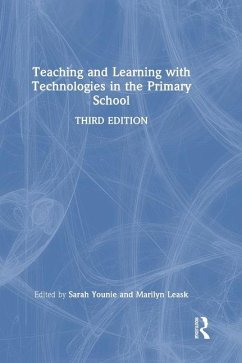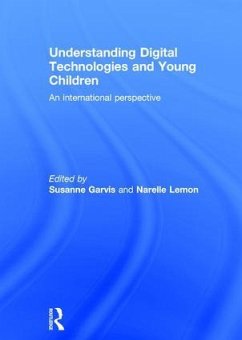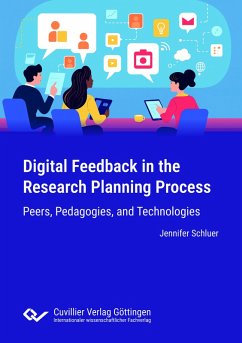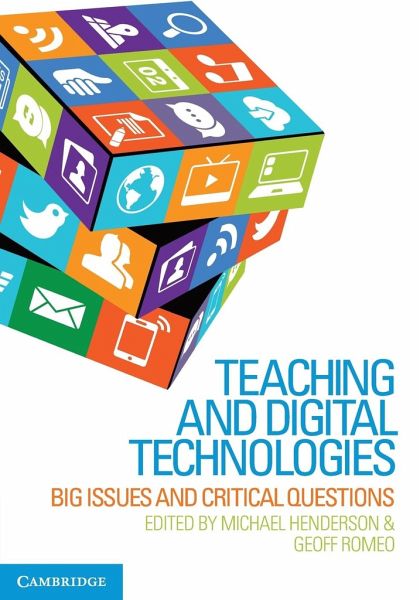
Teaching and Digital Technologies
Versandkostenfrei!
Versandfertig in 1-2 Wochen
115,99 €
inkl. MwSt.
Weitere Ausgaben:

PAYBACK Punkte
58 °P sammeln!
Teaching and Digital Technologies: Big Issues and Critical Questions helps both pre-service and in-service teachers to critically question and evaluate the reasons for using digital technology in the classroom. Unlike other resources that show how to use specific technologies - and quickly become outdated, this text empowers the reader to understand why they should (or should not) use digital technologies, when it is appropriate (or not), and the implications arising from these decisions. The text directly engages with policy, the Australian Curriculum, pedagogy, learning and wider issues of e...
Teaching and Digital Technologies: Big Issues and Critical Questions helps both pre-service and in-service teachers to critically question and evaluate the reasons for using digital technology in the classroom. Unlike other resources that show how to use specific technologies - and quickly become outdated, this text empowers the reader to understand why they should (or should not) use digital technologies, when it is appropriate (or not), and the implications arising from these decisions. The text directly engages with policy, the Australian Curriculum, pedagogy, learning and wider issues of equity, access, generational stereotypes and professional learning. The contributors to the book are notable figures from across a broad range of Australian universities, giving the text a unique relevance to Australian education while retaining its universal appeal. Teaching and Digital Technologies is an essential contemporary resource for early childhood, primary and secondary pre-service and in-service teachers in both local and international education environments.




